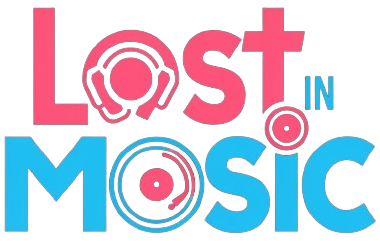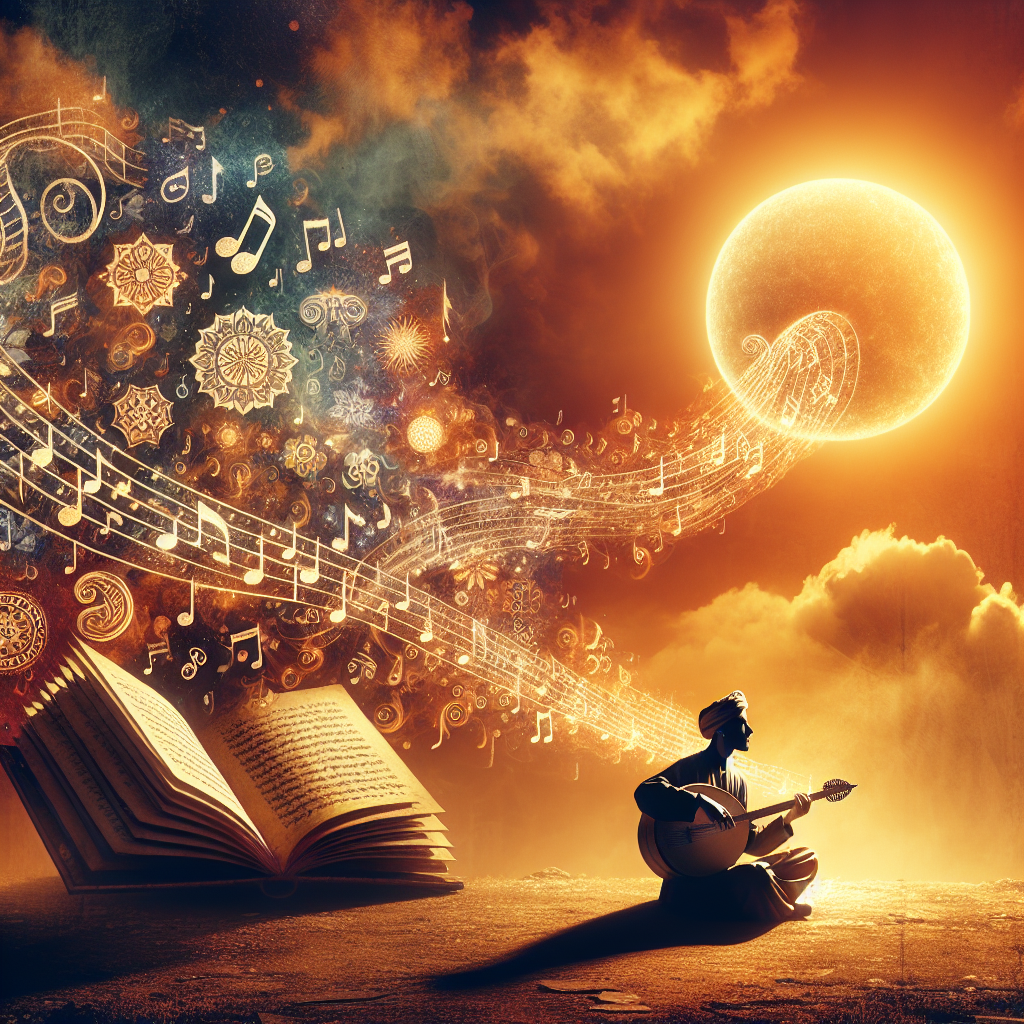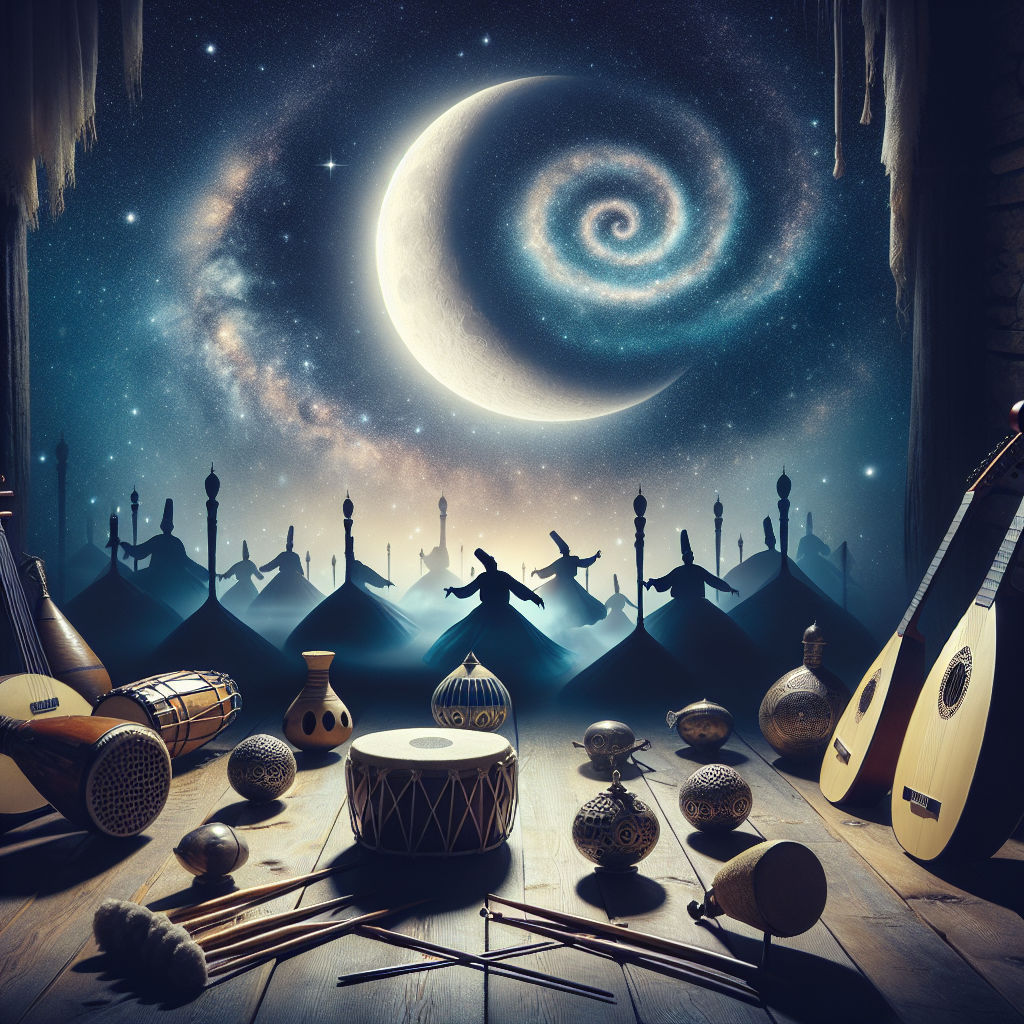Introduction
Ritual music has formed an intrinsic part of cultural life across the globe from ancient times to the present day. It is a form of artistic expression that intends to connect the community, spread shared beliefs, practices, and aim to seek a higher level of consciousness. Ritual music transcends beyond entertainment; it is a vital part of ceremonies, festivities, and certain life events in many cultures. Further, it holds significant power in manipulating emotions, channelling energies, and facilitating connection and communication on a communal and spiritual level.
Ritual Music in Various Cultures
Different cultures have various forms of ritual music, each unique in its structure, form, and purpose. In African cultures, music accompanies almost every social or religious ceremony. Particularly, drumming often forms the backdrop of rituals symbolizing communication with spiritual entities. Similarly, in Native American cultures, music is a tool for spiritual healing and the drum acts as the heartbeat of Mother Earth, uniting all present in a common rhythm.
In Sufi Islamic tradition, music forms a central part of a ritual known as Dhikr, a spiritual practice involving recitation and repetitive physical movements. The music, usually marked by hypnotic percussion and passionate vocals, aims to assist practitioners in achieving a state of divine ecstasy.
In Hindu practices, music holds a sacred place. The chanting of Vedic hymns accompanied by traditional musical instruments sets the atmosphere for various rituals. The integration of music in the arrangement not only amplifies the spiritual experience but also aids in connecting the devotees to the divine.
Gong baths or sound baths, a practice of using gongs and Tibetan singing bowls in meditation, is becoming popular in Western societies. The rhythmic, resonant sounds these instruments produce can lead to deep states of relaxation and healing.
The Power of Ritual Music
The power of ritual music derives from its capacity to evoke various emotional states, heal, and create an energetic link among those participating in the ritual. The repetitive rhythms of ritual music often result in a ‘trance’ state, a heightened level of consciousness, induced by the music’s hypnotic effects. This trance state may aid in psychological healing, emotional catharsis, and spiritual experiences.
Scientific studies have indicated that music can stimulate the release of hormones that regulate stress and boost mood, demonstrating its potential as a tool for healing and well-being. Furthermore, music can facilitate a sense of unity, connection, and cohesion among community members.
Conclusion
Ritual music is a powerful cultural element having a profound impact on individuals and communities. Its ability to evoke emotions, connect individuals and promote healing, is widely recognized across cultures. It is much more than simple harmonization of sounds; it is a spiritual journey, a connection to the divine or the ancestor spirits, a healer, and a unifier. In continually evolving global societies, understanding the power of ritual music can bridge cultural differences and promote global harmony.
FAQs
1. How is ritual music different from other music genres?
Ritual music transcends beyond the realm of entertainment and is primarily used as a tool to elevate spiritual consciousness, healing, and facilitate connections among members of a community.
2. In what cultures does ritual music have a significant role?
Ritual music has a significant role in numerous cultures including African, Native American, Islamic, Hindu and many others.
3. Can ritual music bring about healing?
Yes, ritual music is often used as a tool for spiritual, emotional, and psychological healing.
4. How does ritual music induce a state of trance?
The repetitive rhythms and sounds of ritual music often induce a state of heightened consciousness or ‘trance.’ The listener might disconnect from the physical world and tap into their subconscious mind.
5. What is the impact of ritual music on a community?
Ritual music can facilitate a sense of unity, connection, and cohesion among members of a community. It is a powerful tool for preserving cultural values and traditions.




